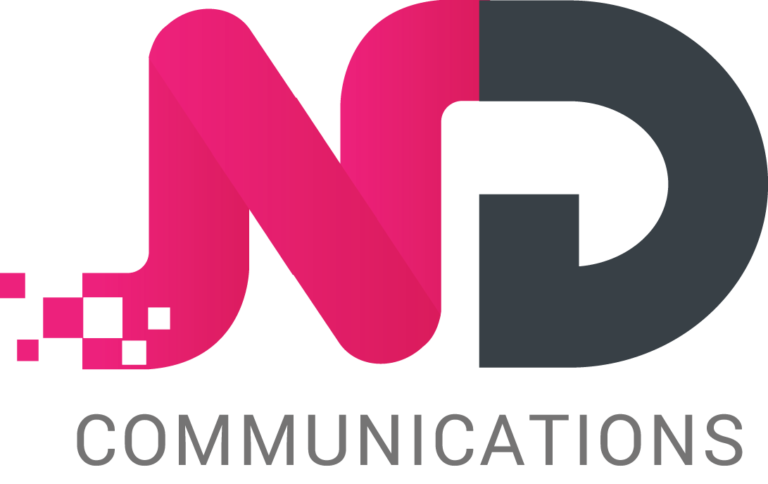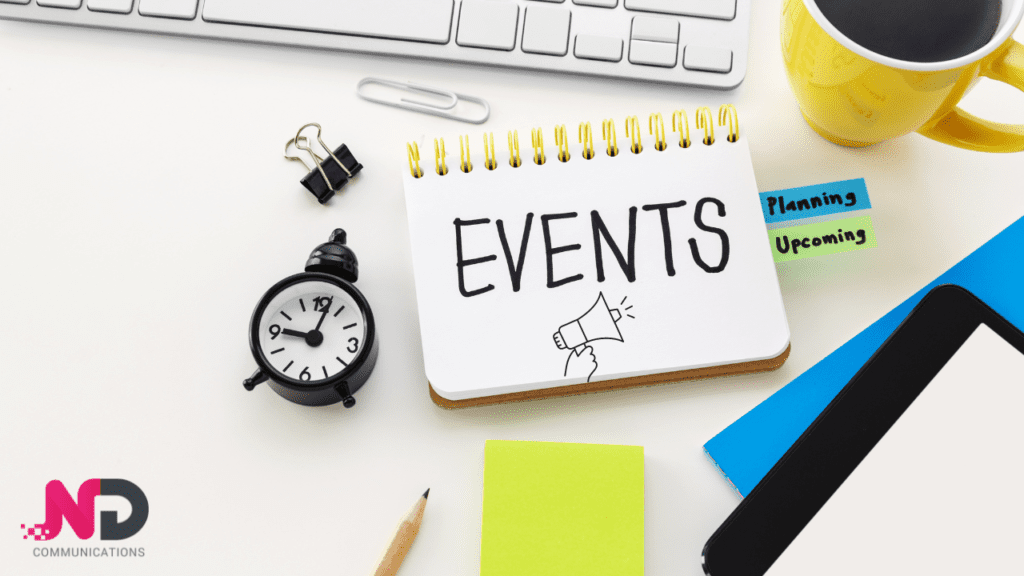When you’re planning an event, there are a lot of details to think about. But one of the most important things to consider is how you’ll market your event. After all, if nobody knows about your event, it’s not going to be very successful.
Benefits of marketing your event
There are several benefits to marketing your event. By promoting your event, you can:
- Increase awareness of your event
- Generate interest and excitement
- Attract more attendees
- Boost ticket sales
- Improve your event’s bottom line
No matter how you choose to market your event, you must start planning early and give yourself enough time to promote it effectively. With a little effort, you can make sure that your event is a success!
Marketing your event can be broken down into three phases: before the event, during the event, and after the event. Each phase requires different marketing strategies.
Before your event
Before the event, you’ll want to generate interest and get people excited about attending. This is when you’ll do most of your advertising and promotion.
A few tools to consider using in this pre-event phase are:
-Social media: Create a Facebook event and promote it on your other social media channels. Use hashtags, post photos, and videos, and run social media ads and or online giveaways
-Create a Facebook / Linkedin event – make sure to include all the details about your event, like the date, time, and location. Share this link with your friends and family, and ask them to share it with their networks as well.
- Email marketing: Send out email blasts to your list of contacts, announcing the event and giving them all the details. You can also use email to offer discounts or early bird tickets.
- Website/blog: Write about your event on your website or blog, and include a link so people can find out more.
- Radio, podcast, and tv interviews: If you or someone involved with your event is interesting and engaging, reach out to local radio, podcast, and tv stations and see if they’d be interested in having you on as a guest. This is a great way to generate interest and awareness for your event.
- Print ads: Place ads in local newspapers, magazines, digital boards, etc
- Press release or print feature: If you have a story to tell about your event that would be of interest to the media, write a press release or pitch a print feature to local publications.
- Flyers and posters: promote your event offline by hanging up posters around town or handing out flyers
- Sponsorship cross-promotion: If you have sponsors for your event, ask them to promote it on their channels as well.
- Add to the local calendar of events: Make sure your event is listed on the local calendar of events so people can easily find it.
- Highlight videos of speakers/performers: If you have any videos of past speaking engagements or performances, highlight them on your event website and social media channels.
- Influencer outreach: Reach out to local influencers and see if they’d be interested in promoting your event.
During your event
During the event, your focus should be on generating excitement and engagement. This is when people are most likely to share photos and posts about your event on social media, so make sure you’re active by streaming live or doing intermittent social media coverage using hashtags. Getting your attendees, sponsors, speakers, and partners to share their experiences with others is key.
Some other marketing tools to consider during the event are:
- Social media: Stream live on social media, using hashtags to encourage engagement. You can also do intermittent social media coverage, sharing photos and posts from attendees, sponsors, speakers, and partners.
- Encourage check-ins: Use Facebook Places or Foursquare to encourage people to check in at your event. You can offer prizes or discounts for people who do.
- Social media contests: Run social media contests during your event and encourage people to share photos and posts using a specific hashtag.
- Reviews and testimonials: Capturing the experience with videos of attendees, speakers, and partners to write reviews and testimonials that can be used in post-event marketing.
After your event
After the event, your job is to turn all that excitement into long-term relationships. This is when you’ll send out post-event surveys, follow up with attendees and speakers, and start planning for your next event.
A few ways to continue the marketing momentum after your event include:
- Following up with attendees, speakers, and sponsors by sending out post-event surveys to attendees, speakers, and sponsors
- Share photos and videos from the event on your social media and website
- Post a recap video or inspirational/education take-away from speakers
- Press feature on the highlights of the event
- Blog post about the event
- Create social media graphics to thank attendees, speakers, and sponsors
- Send out a post-event newsletter
To sum it up, marketing your event effectively requires a mix of online and offline tactics. You need to generate interest and awareness leading up to the event, create excitement and engagement during the event, and turn all that momentum into long-term relationships after the event. By using a combination of these strategies, you can ensure that your event is a success. By having a track record, you will be able to easily approach sponsors for your next event and have the ability to promote it more efficiently to new attendees.
Do you have any other tips for marketing an event? Let us know in the comments!
For more information on sponsorship, visit our Services page you can email me at ndcommunicationpr@gmail.com

